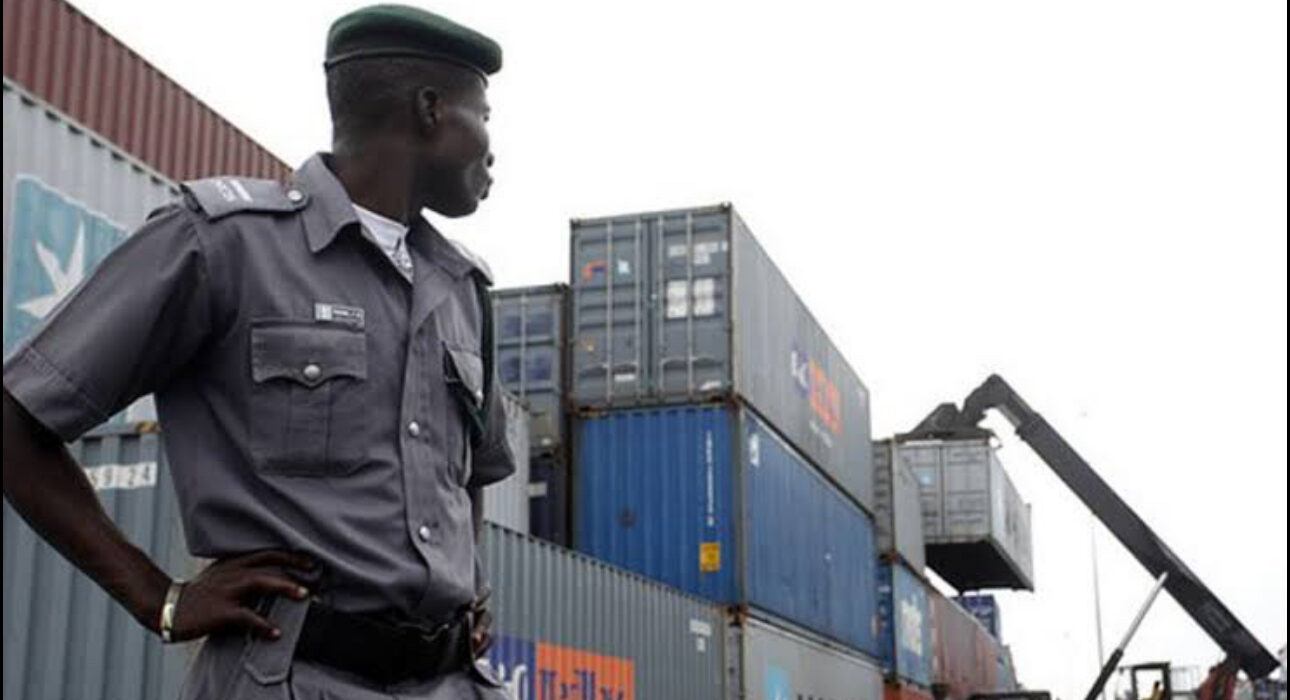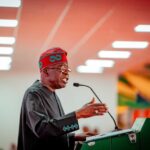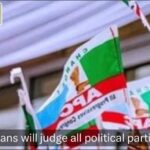FG Mulls Scrapping 7% Import Surcharge to Ease Trade, Comply with Law

The Federal Government, through the Nigeria Customs Service (NCS), is considering scrapping the 7 percent surcharge currently imposed on all imports, in what could be a major shift in the country’s trade policy and customs revenue model.
The surcharge, long viewed by industry players and lawmakers as excessive and lacking legal backing, has been at the center of a national debate on trade facilitation, inflation control, and revenue generation. The potential move to eliminate it follows mounting pressure from stakeholders and a legislative directive from the House of Representatives.
The proposed scrapping is part of a broader customs reform process that began with the enactment of the Nigeria Customs Service Act (NCSA) 2023.
That law authorized a new 4 percent charge on the Free-On-Board (FOB) value of imports to fund the operations of the NCS. The 4 percent levy was introduced earlier in 2025 to replace two older charges: the 1 percent Comprehensive Import Supervision Scheme (CISS) and the 7 percent cost-of-collection surcharge.
However, while the 4 percent FOB levy was legally grounded, the older charges—particularly the 7 percent surcharge—have been deemed illegal by lawmakers.
On June 23, 2025, the House Committee on Customs and Excise ordered the NCS to immediately stop the collection of both the CISS and the 7 percent surcharge. The committee stated that neither charge had legal standing under the new law and that the continued collection of such levies constituted a violation of due process.
Chairman of the Committee, Hon. Leke Abejide, stressed that the NCS must align with the provisions of the NCSA 2023, which explicitly outlines the agency’s funding structure.
“We have made it clear that only the 4 percent FOB levy is recognized by law. Anything beyond that is unacceptable,” Abejide said during a session at the National Assembly.
The Committee set a July 1 deadline for full compliance and warned of legal consequences should the NCS fail to act.
The implementation of the 4 percent FOB levy earlier in the year was met with widespread criticism from industry leaders, including the Manufacturers Association of Nigeria (MAN), the Nigeria Employers’ Consultative Association (NECA), and former Senate President Bukola Saraki.
Critics argued that the new charges—on top of the existing 7 percent surcharge—amounted to double taxation, would raise the cost of goods, and could trigger further inflation in an already strained economy.
Saraki, in particular, warned that the levies could generate over ₦2.8 trillion annually—far exceeding the operational needs of the customs service—and risked burdening businesses and consumers alike.
In response to the backlash, the NCS suspended implementation of the 4 percent levy in February 2025 to allow for consultations with the Federal Ministry of Finance and other stakeholders.
According to sources close to the discussions, the Federal Government is now actively reviewing the possibility of scrapping the 7 percent surcharge permanently. The move would not only bring customs operations into compliance with the NCSA 2023 but also provide relief to importers struggling with rising costs.
Analysts say the removal of the surcharge could lower import costs, reduce inflationary pressures, and enhance Nigeria’s competitiveness in regional trade. It may also help to simplify the country’s customs regime, a long-standing demand of the business community.
A senior customs official, who asked not to be named, confirmed that discussions are ongoing, and a formal decision is expected in the coming weeks.
“We are reviewing all legacy charges to ensure full compliance with the law and to promote trade facilitation. The 7 percent surcharge is certainly under consideration,” the official said.
If the Federal Government proceeds with the removal of the 7 percent surcharge, Nigeria will be taking a significant step toward creating a simpler, more transparent, and legally grounded trade environment. For importers and manufacturers, it may signal some long-awaited relief from the mounting cost of doing business.
Observers say the next few weeks will be crucial as the government balances the need for revenue generation with its commitments to ease of doing business and legal compliance.









